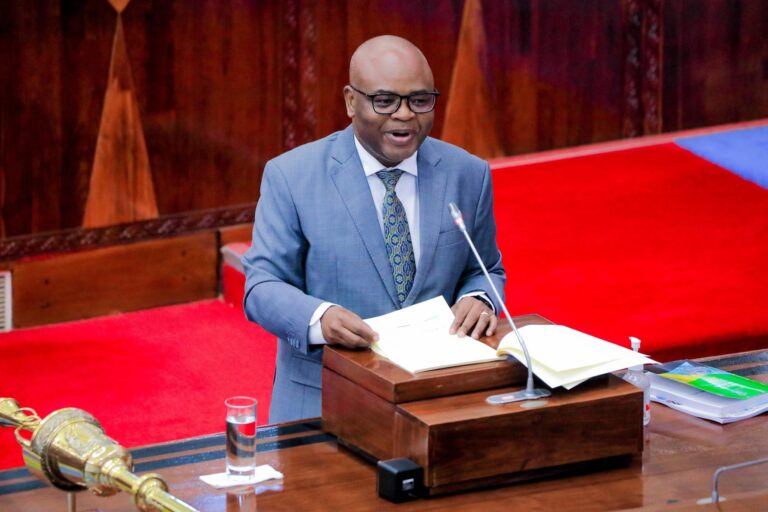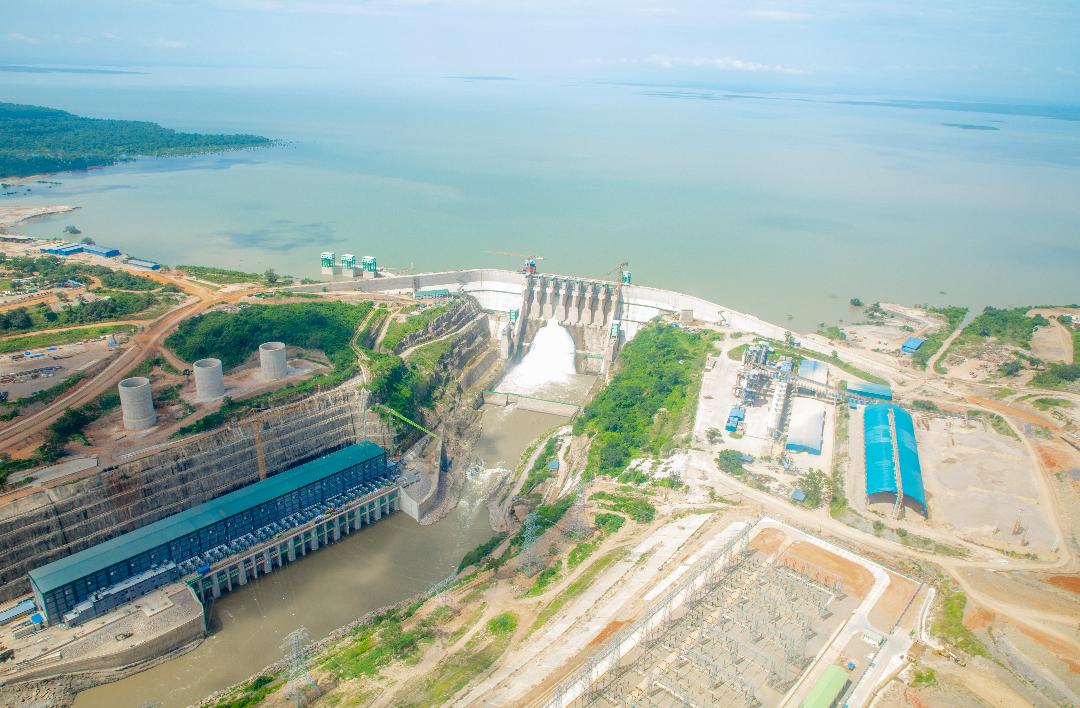Dodoma. Tanzania’s real Gross Domestic Product (GDP) rose to Sh156.6 trillion in 2024 from Sh148.5 trillion in 2023, marking a 5.5 percent growth, up from 5.1 percent recorded the previous year, the government said on Thursday June 12.
The Minister of State in the President’s Office (Investment and Planning), Prof Kitila Mkumbo, told Parliament while tabling the State of the Economy report that the growth was driven by concerted efforts by the government, private sector players and development partners.
According to him, the key drivers of the improved performance included the commencement of electricity generation at the Julius Nyerere Hydropower Dam, the continued implementation of strategic and flagship projects in energy and transport infrastructure, increased private sector credit, sound fiscal and monetary policy management, improved agricultural output, and the government’s sustained investments in social services—particularly education, health, water and social protection.
The data presented showed that five sectors recorded the highest growth rates in 2024.
These were arts and entertainment (17.1 percent), electricity generation and distribution (14.4 percent), information and communication (14.3 percent), finance and insurance (13.8 percent), and health (10.1 percent).
On the other hand, three sectors contributed nearly half of the national income.
Agriculture accounted for 26.3 percent, construction 12.8 percent, and mining and quarrying 10.1 percent.
“What is required going forward is to improve productivity so that agriculture can uplift more Tanzanians economically,” said Prof Mkumbo.
The report further indicated that headline inflation dropped to 3.1 percent in 2024, down from 3.8 percent in 2023, owing to prudent fiscal and monetary policy measures, stabilising global fuel prices, and improved food supply in local markets.
The inflation rate, Prof Mkumbo noted, was well within the targets of the East African Community and the Southern African Development Community, which recommend headline inflation levels of between 3.0 and 7.0 percent, and not exceeding 8.0 percent respectively.
Monetary policy execution remained satisfactory, with the Bank of Tanzania effectively utilising the benchmark interest rate to maintain stability in the interbank money market.
The seven-day interbank rate remained within a band of two percentage points above or below the central bank rate, indicating sufficient liquidity to support economic activities.
As a result of these monetary developments, lending rates declined to an average of 15.47 percent in 2024 from 15.75 percent in 2023. Deposit rates, meanwhile, rose to an average of 9.17 percent from 8.65 percent over the same period, reflecting improving returns for savers.
The minister said the government would continue to implement policies and reforms that aim to boost productivity, attract investment and stimulate inclusive growth in the years ahead.







